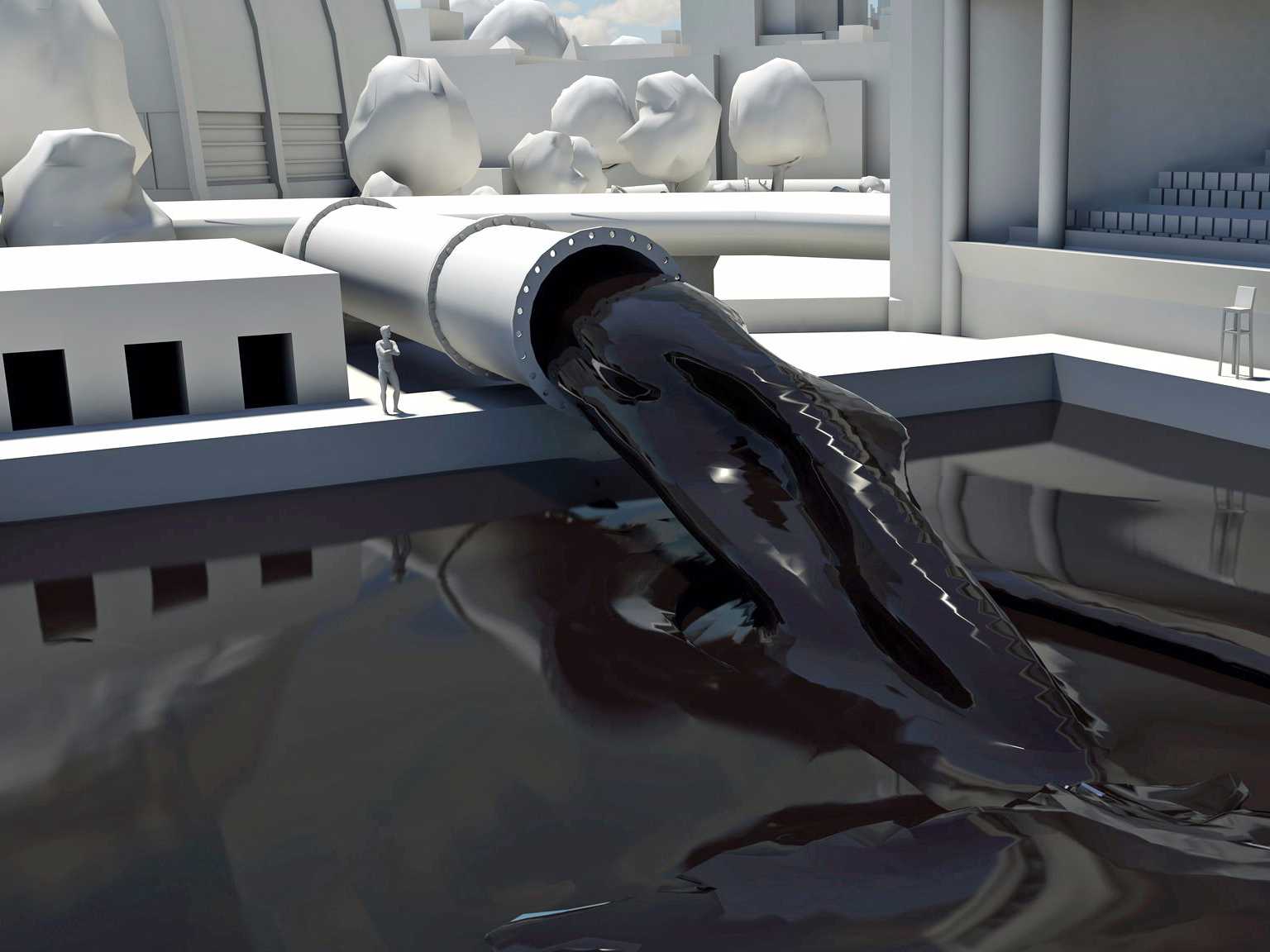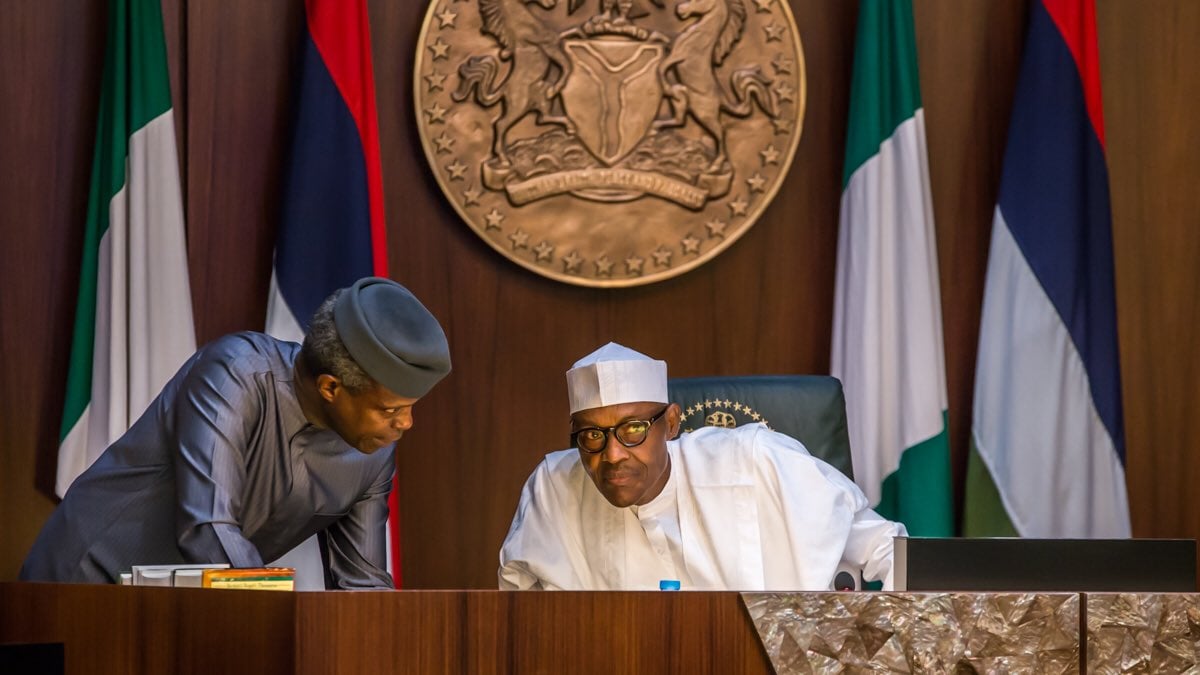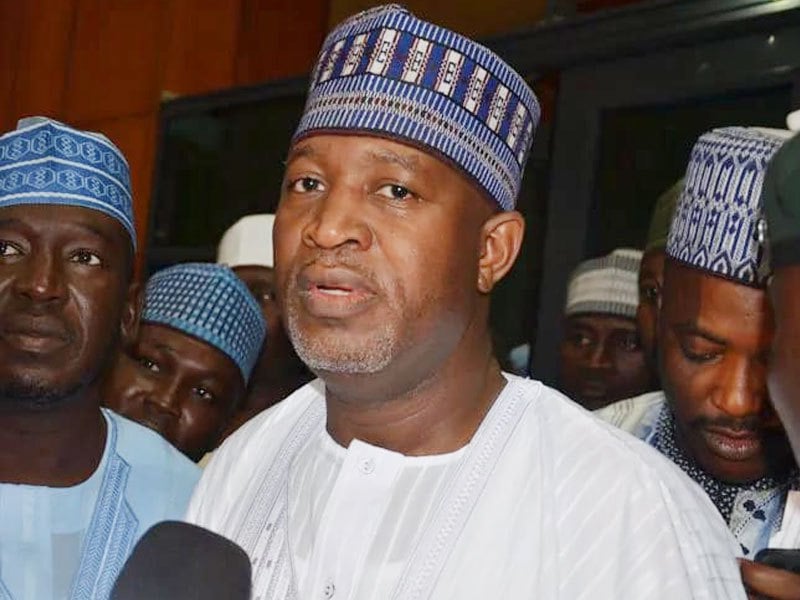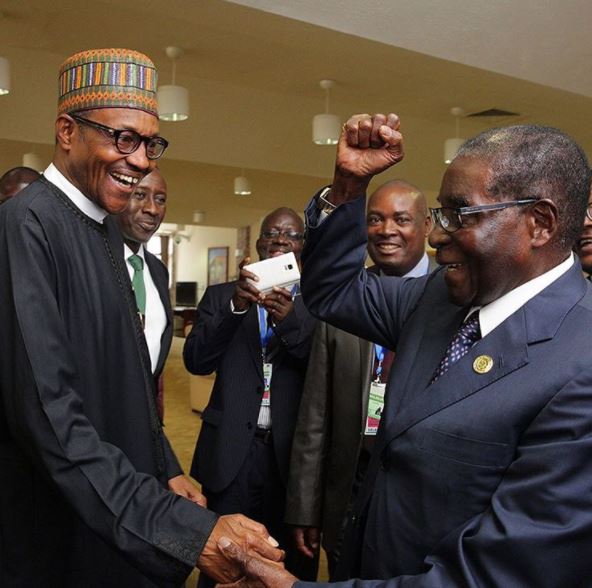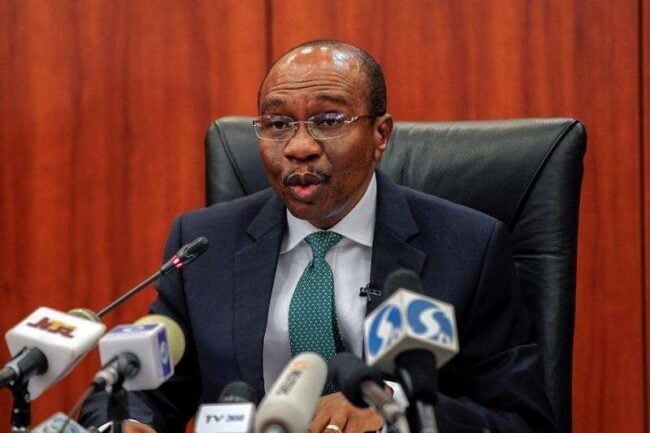Ibeh Kachikwu, minister of state for petroleum, says the licences of private oil refineries that are yet to be utilised will be withdrawn.
Kachikwu said this at a media briefing on the sidelines of the ongoing annual Offshore Technology Conference in Houston, US.
The administration of former President Olusegun Obasanjo had given some individuals and private organisations licences to build refineries, but only Aliko Dangote put his to use.
The minister said he had discussed with the Department of Petroleum Resources (DPR) on the issue of revoking some licences.
Advertisement
“I have spoken with DPR on the matter. Those who have not been able to move forward will have their licences withdrawn,” he said.
He said the aim of giving the licences was to reduce the huge capital flight to fuel importation, to meet local demand and to look at possible exports.
The minister explained that the review of the system was necessary as the nation’s existing refineries, which had a combined capacity of 446,000 barrels per day (bpd), were grossly inadequate to meet national demand.
Advertisement
He said his outlook for the year for the sector was to “have a robust relation with investors to increase production of crude to 2.5 million bpd and then to 3 million bpd”.
On incentives for modular refineries, he said, “indeed we have incentives for them”.
“Since they will be located in states, the land will be provided and the modular refineries will be peopled around private sector, especially independent producers who already have the crude,” he said.
On the Malabu $1bn scandal involving some Nigerian officials, Kachikwu said the case was a worrisome issue, but that it was still in court.
Advertisement
He explained that investors would leave other countries to do business in Nigeria irrespective of seeming unstable business climate, because “Nigeria has the best returns on any investments in the world. The terrain is good’’.
“A lot of latitude is given to investors to develop what works for them. Most of them know how to be resilient because they know the returns,” he said.
“Our resource base is huge. We have huge gas reserves, huge downstream opportunities.
“I don’t know of any country that has that much resource, that income generation. I think we can favourably compete with Saudi Arabia.”
Advertisement
He said that when he took over at the ministry, there were security issues and downstream policies were not robust as well as the lack of investments in the upstream and Nigeria’s relationship with OPEC was strained.
“When we came in, we worked at recreating 18-20 business units within the NNPC,” he said.
Advertisement
“We publish monthly reports, contracts/bids are open, cash call arrears are being dealt with as we have paid the first tranche of 400 million dollars to the International Oil Companies.
“On security, the use of persuasion won over the use of force and at the end of the day, we have been able to move dialogue very aggressively.
Advertisement
“There are still lots of work to be done but if we can sustain the momentum, we’ll be on the right track.
“On the international scene, shale production in the US and other energy alternatives are challenges but countries that will survive this period are countries with discipline and I think Nigeria can cue in on this.”
Advertisement
Add a comment
